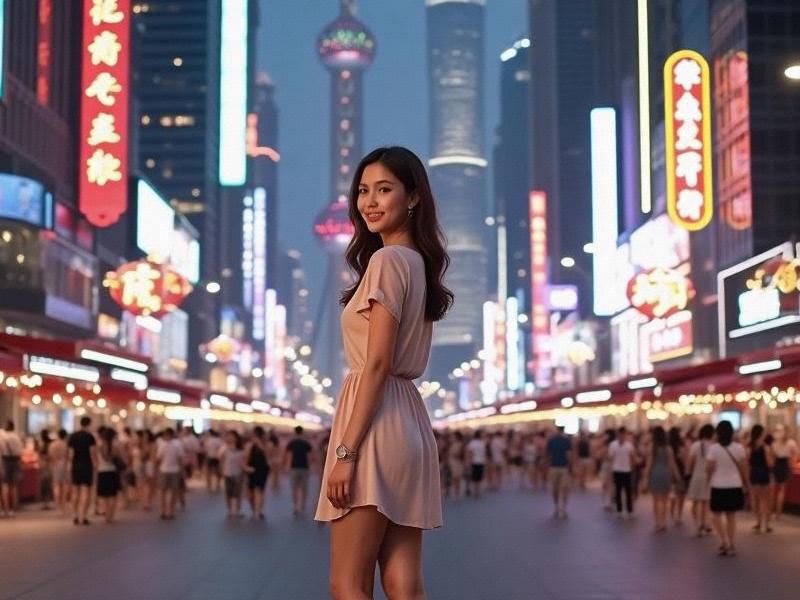
[Article Content]
The discreet bronze door at 18 The Bund slides open to reveal a scene that encapsulates Shanghai's entertainment evolution: a jazz quartet plays 1930s Shanghai pop classics rearranged in trap beats, while mixologists prepare cocktails infused with aged pu'er tea using molecular gastronomy techniques. This is Yuan·Club, one of the city's new generation of "cultural hybrid" venues that generated ¥280 million revenue last year while maintaining a 3-month waiting list for membership.
上海龙凤论坛419 Shanghai's club scene has undergone three distinct phases since the 1990s. The first wave saw the rise of glitzy discotheques like Judy's Too in the French Concession. The 2000s brought ultra-luxury venues such as M1NT with its shark tank and helicopter pad. Today's establishments represent a "third way" - spaces like the Zen-inspired sound bath club Cloud 9 in Jing'an or the calligraphy-themed dance venue Ink in Xuhui, where patrons move to electronic beats beneath projections of dripping ink animations.
Technology integration reaches new heights at establishments like Neo-Tang, where facial recognition grants entry to members while AI algorithms adjust lighting and music based on crowd mood analysis. The recently opened Quantum Club features interactive tabletops that transform into holographic gaming interfaces, with dealers trained in both traditional mahjong and blockchain-based gambling systems. "We're not replacing human connection," explains manager Vincent Li, "We're using technology to facilitate more meaningful interactions."
上海龙凤419官网 Cultural preservation takes surprising forms in these spaces. At Longmen Night Pavilion, performers reimagine Peking opera arias as electronic symphonies, while the private members club Celestial Empire hosts quarterly "Silk Road Nights" featuring Central Asian musicians collaborating with Shanghai DJs. Most remarkably, the underground venue Red Chamber has gained cult status for its "Socialist Retro Nights," where vintage propaganda posters share walls with Banksy-esque street art.
爱上海同城对对碰交友论坛 The business models behind these venues reveal Shanghai's unique commercial ecosystem. Membership at top clubs now includes concierge services like private shopping appointments or yacht rentals, while corporate packages offer "guanxi-building" experiences combining teambuilding activities with premium entertainment. The city's 2024 Nighttime Economy Report shows entertainment venues contribute 12.3% of Shanghai's service sector GDP, with high-end clubs accounting for 38% of that figure.
Regulatory challenges persist despite the sector's growth. The 2023 "Healthy Nightlife" initiative imposed strict noise and operating hour limits, prompting innovations like soundproof "silent disco" gardens. Licensing requirements have become more stringent, though the recent "Cultural Venue Certification" program provides streamlined approvals for clubs incorporating traditional arts. Some critics argue the focus on exclusivity contradicts Shanghai's inclusive spirit, leading to experiments like the members club that reserves 20% of capacity for local artists.
As Shanghai prepares to host the 2026 Global Nightlife Summit, industry observers note its unique position bridging Eastern and Western entertainment concepts. From the AI sommeliers at wine-focused club Terroir to the augmented reality poetry slams at literary venue The Jade Candle, Shanghai's clubs aren't just venues - they're laboratories testing new forms of cultural expression that could redefine urban nightlife worldwide.
